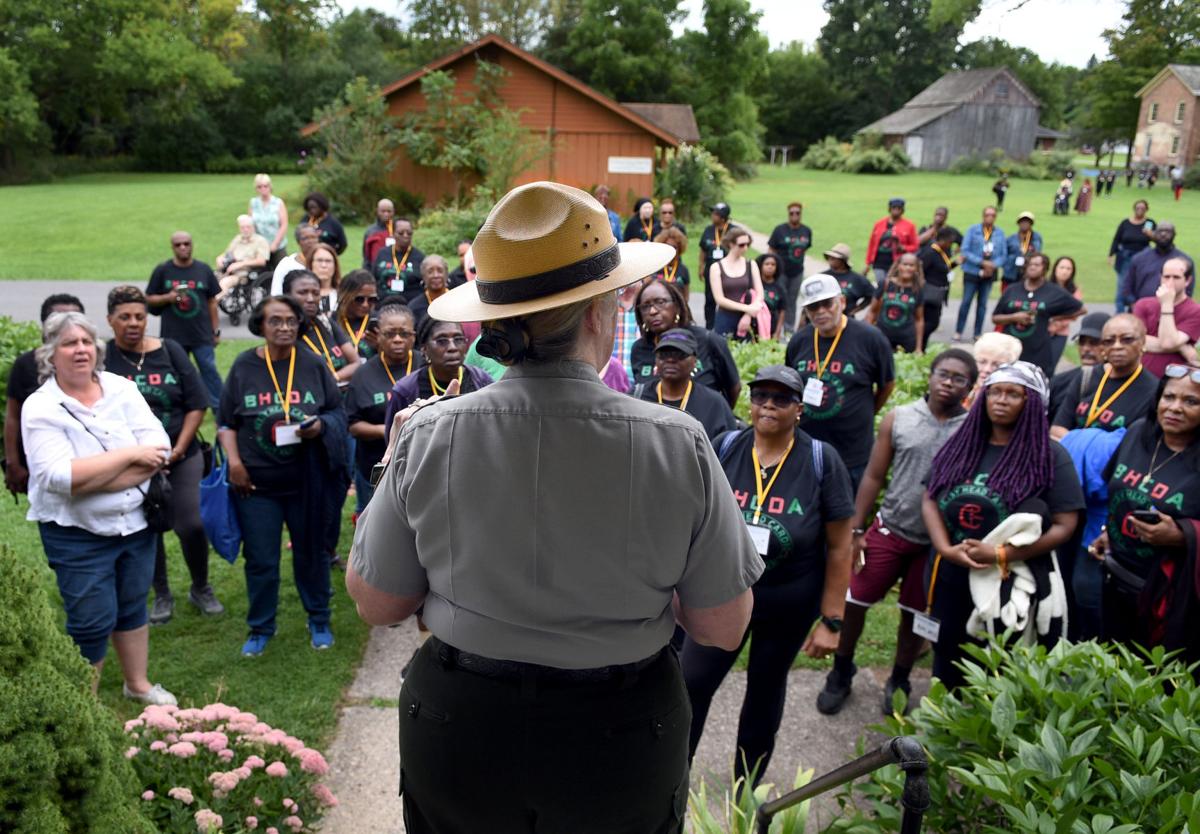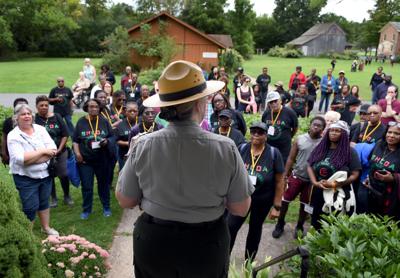The Cayuga County Office of Tourism does not receive funding from the county, yet it faces a significant budget cut amid the county's fiscal crisis.
Cayuga County legislators are considering an amendment to its hotel tax that would increase the county's share of the revenue. The existing law, which has been in place since 1994 and instituted a 5% tax on hotel stays, directs 95% of the revenue to the tourism office. The county retains 5% for administering the tax.
Under the proposal, which will be the subject of a public hearing in August, the county would keep 25% of the hotel tax revenue. The tourism office would get 75% of the funds.
People are also reading…
Based on the 2024 budget, the county collected $1.2 million in hotel tax revenue. If the revenue share is changed, the tourism office's cut would decrease from more than $1.1 million to $900,000.
Cayuga County Legislature Chairman Jonathan Anna, I-Sterling, said at the Ways and Means Committee in July that capturing some of the hotel tax revenue would offset "tourism-related expenses," such as the operation of the county-owned Emerson Park and Sterling Nature Center.
°˛ą°ů±đ˛ÔĚý°ĂĽłó±ô, executive director of the Cayuga County Office of Tourism, told ČËĘŢĐÔ˝» the potential change would affect the agency's operations. Among the initiatives that could be eliminated or reduced is a grant program to support cultural and historical sites.Â
The tourism office releases a magazine, which replaced its visitors guide, but that may be cut if the county Legislature changes the hotel tax revenue sharing formula.
KĂĽhl wants to prevent any staffing cuts, but acknowledged that the possible budget reduction may prevent the agency from filling a new partnership engagement position. The position would've helped the tourism organization execute its five-year strategic plan that was recently adopted by its board of directors.
A document provided by Kuhl details how tourism boosts Cayuga County's economy. According to the report, tourism-generated local sales taxes increased from $7.17 million to $9.4 million between 2019 and 2023. The growth, she wrote, is "a direct return on public investment in tourism promotion."
With a budget of over $1 million, Kühl noted that's a 9-to-1 investment return — for every $1 spent by the tourism office, the county received $9 in sales tax revenue.
"What other business or organization can say that to the county?" she asked. "This is money to the county. This is not the money from our budget. This is not the (hotel tax) we're talking about. Otherwise, it'd be 10 to 1."
KĂĽhl added, "If the Legislature is looking to cut our budget by 20%, they are looking to cut their own budgets, essentially."Â
One of the challenges, KĂĽhl explained, is that local governments don't understand the importance of tourism offices. Tourism, she said, is considered a "frivolity."
The tourism office delivers for Cayuga County through what KĂĽhl calls the "bread and butter effect." While residents will frequent restaurants and support local businesses, the revenue from visitors provides these entities with additional funds for emergency repairs or upgrades.
"The residents provide the bread," she said. "The visitors provide the butter for improvements, for expansion, for actual success."
Ahead of the Cayuga County Legislature meeting in August, KĂĽhl is hoping to educate lawmakers about the tourism office's impact. She is also encouraging community partners, such as cultural and historical sites, to advocate for maintaining the agency's current funding levels.
KĂĽhl revealed to ČËĘŢĐÔ˝» that legislators alerted her they were exploring a potential change to the revenue-sharing model.
"I never thought they would go for so much," she said. "I thought, at worst, they would double it (from 5 to 10%). But to go for an additional 20%, that hurt. That I did not see coming."
Government reporter Robert Harding can be reached at (315) 664-4631 or robert.harding@lee.net. Follow him on X @RobertHarding.


















